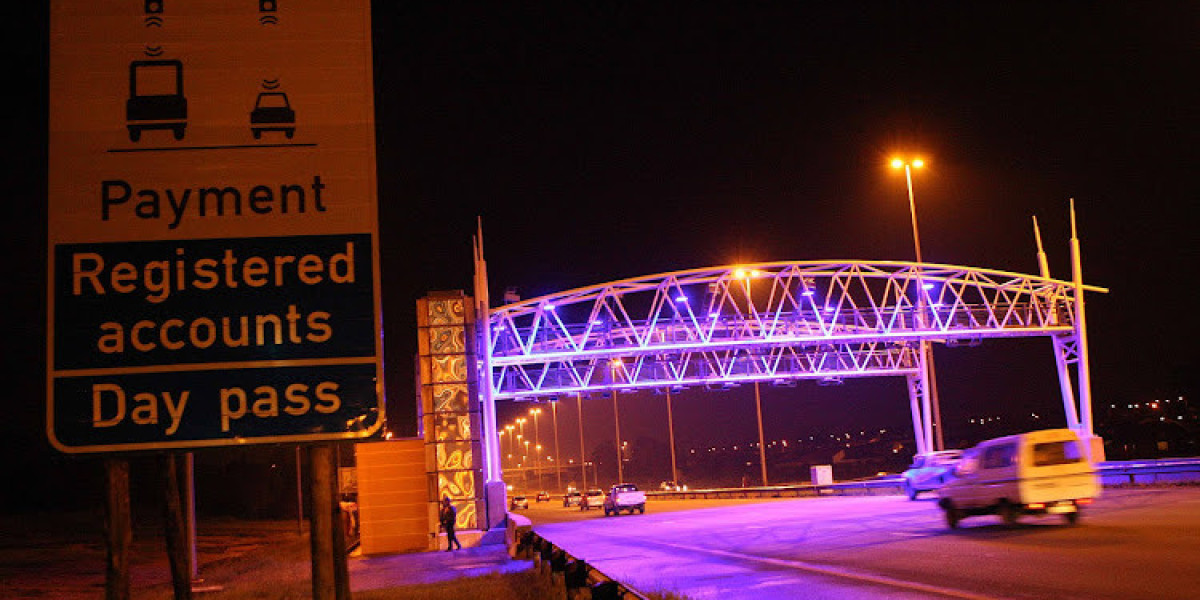Gauteng, South Africa's economic powerhouse, is at a crossroads with its controversial e-toll system. Finance MEC Jacob Mamabolo recently unveiled the provincial budget, shedding light on the future of e-tolls. According to Mamabolo, e-tolls will persist until fourteen days after the publication of the provincial government's deregulation gazette. After this period, the South African National Roads Agency Limited (Sanral) will cease sending invoices to motorists.
However, Mamabolo's announcement raises several uncertainties. While the government aims to publish the deregulation document before the start of the 2024/25 financial year on April 1, questions linger regarding motorists' responsibilities for outstanding e-toll bills and whether Sanral will pursue debt collection.
Mamabolo emphasized a phased approach to winding down the e-toll system. This includes discontinuing tag beeps at gantries and halting customer invoices. Despite provisions to settle the province's e-toll debt, Mamabolo stressed that road maintenance matters require separate consideration.
One of the pressing concerns for paying motorists is the possibility of refunds. Although Gauteng Premier Panyaza Lesufi previously hinted at refunds for law-abiding citizens, Mamabolo's statement did not address compensation. Lesufi's initial promise of refunds, later retracted, left many uncertain about the fate of their payments.
Adding to the confusion, National Treasury deputy director-general Mampho Modise stated that motorists must settle their outstanding bills, contradicting previous statements. This discrepancy has left organizations like the Organisation Undoing Tax Abuse (Outa) questioning the government's clarity and competence in policy implementation.
Outa, a prominent opponent of e-tolls since their inception in 2013, continues to challenge the system. With numerous cases defending e-toll defaulters, Outa remains committed to advocating for motorists' rights amid the uncertainty surrounding e-toll debts and refunds.
As Gauteng navigates the complexities of ending the e-toll saga, motorists await further clarity on their financial obligations and potential reimbursements, underscoring the need for transparent and decisive action from government authorities.








